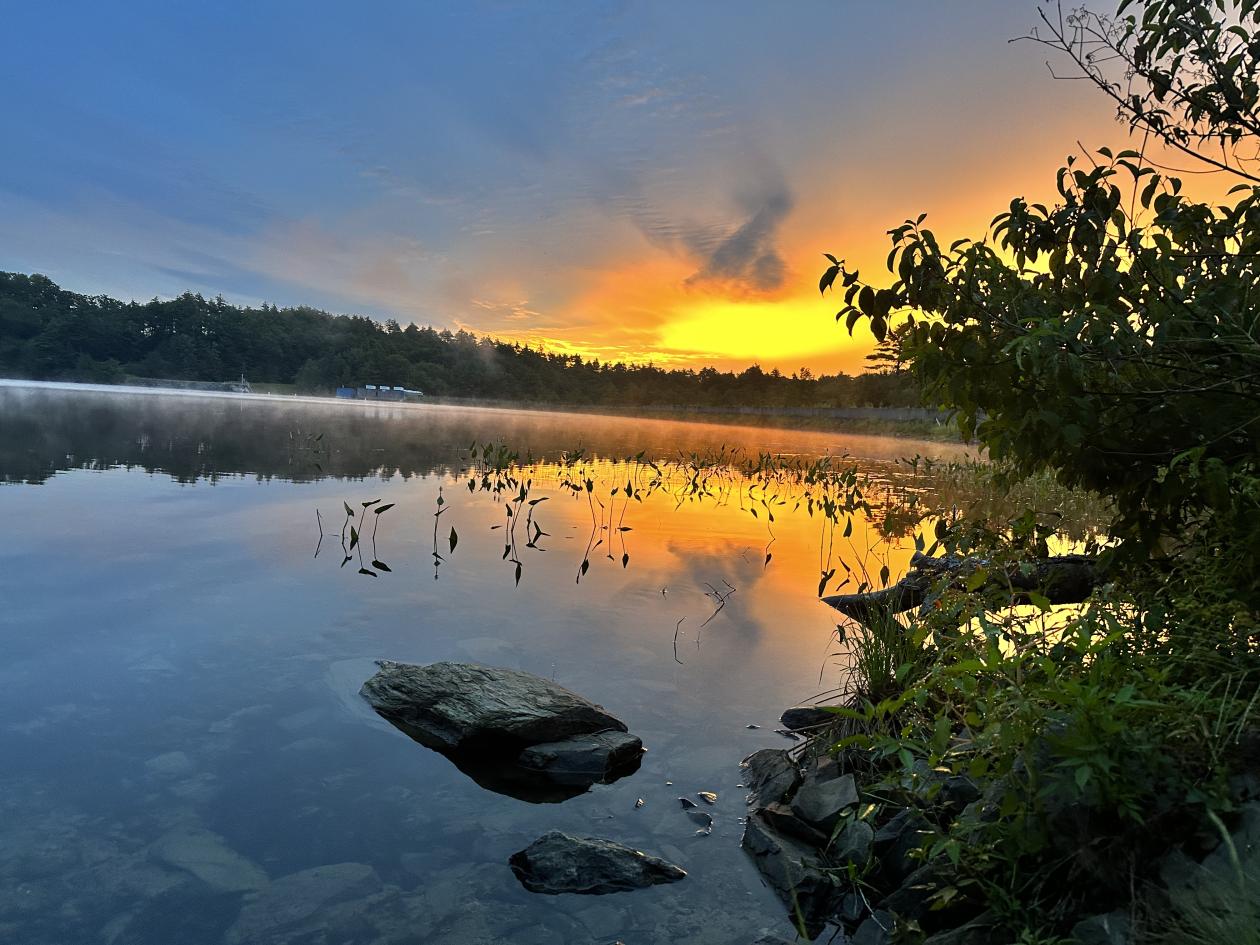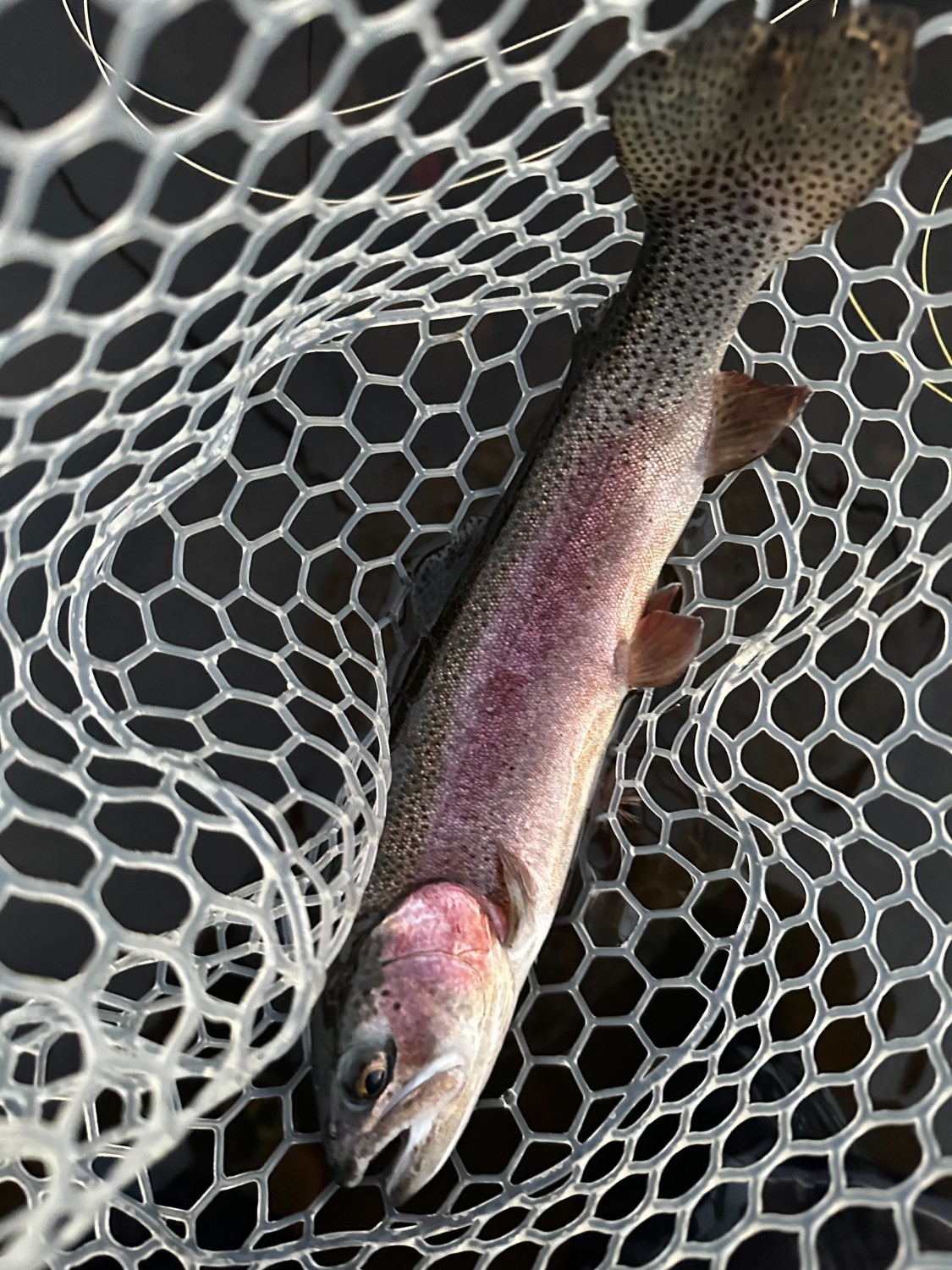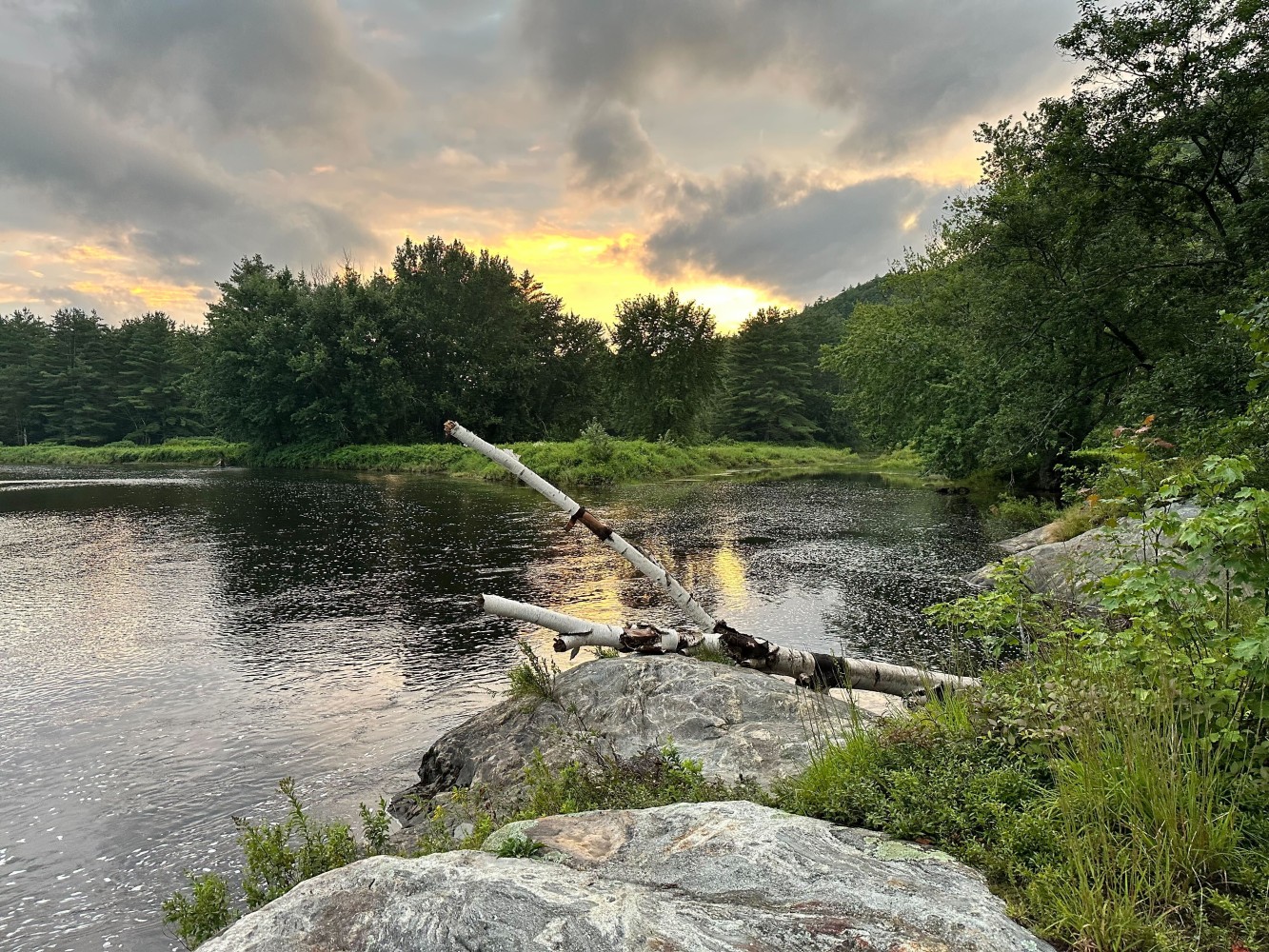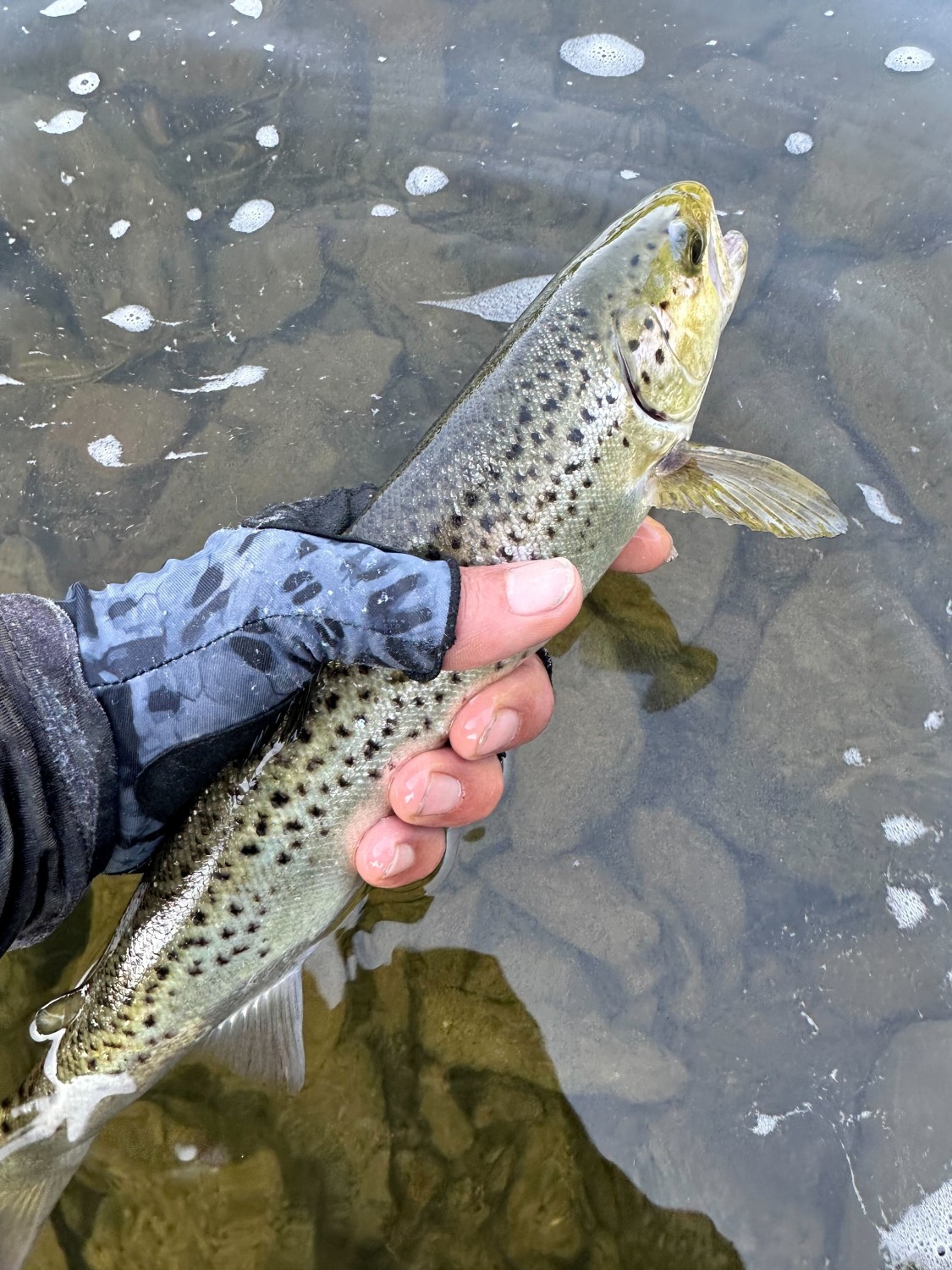
Drawing parallels between fly fishing and Drupal may initially seem odd, but looking deeper into the connections reveals a number of shared principles.
As a resident of Maine and someone who enjoys nature, I've stumbled upon an enchanting connection that bridges the gap between the serene pastime of fly fishing and the open-source world of Drupal. This unexpected alliance unfolds like a story, weaving the patient pursuit of elusive Maine trout in the river with the precision and finesse required in crafting seamless digital experiences.
Picture someone holding a fly rod, standing by the riverbank, carefully selecting the perfect fly to entice the elusive catch. In the digital realm, a Drupal developer similarly navigates through drupal.org, a myriad of modules and libraries, meticulously choosing the right tools to craft that seamless web experience.
Casting a line in the tranquil waters demands precision and finesse, mirroring the intricacies of coding in Drupal development. The river's diverse ecosystem finds its counterpart in the Drupal community, where developers explore modules, themes, and APIs, adapting to the unique demands of each project. Patience and persistence become a common ethos—whether waiting for the opportune moment on the river or debugging lines of code. In the craftsmanship of fly tying and the coding intricacies of Drupal, an artistic touch is required.

14 inch Maine native Rainbow Trout in a net
Continuous learning is the lifeblood of both pursuits, propels fly fish enthusiasts to understand fish behavior and developers to stay abreast of evolving technologies. Building a sturdy foundation, sharing experiences by the campfire or in community forums, and embracing adaptability tie together the tranquil waters of fly fishing with the dynamic digital realm of Drupal in a narrative woven with unexpected yet resonant connections.
1. Precision and Technique:
Fly Fishing:
- Precision Casts: Mastering the art of precision casting involves delicately presenting the fly to mimic natural insect behavior, enticing even the most discerning fish.
- Matching Techniques to Fish: Different fish species' waters respond to various techniques. Floating vs sinking lines, water depth, understanding their behavior enhances the chances of a successful catch.
Drupal CMS:
- Precision in Code: Crafting a Drupal website demands coding standards. Developers need to write clean, efficient code to ensure the site functions seamlessly and other developers can quickly understand and maintain.
- Adapting Techniques to Projects: Each web project requires a tailored approach. Whether it's an e-commerce site or a community platform, developers adjust their techniques to match project requirements.
2. Adaptability to Environments:
Fly Fishing:
- Changing Conditions: Adapting to unpredictable weather conditions, varying water currents, and the specific characteristics of different fishing spots is essential for success.
- Fish Migration Patterns: Understanding fish migration patterns helps anglers anticipate where the fish will be, adjusting their strategy accordingly.
Drupal CMS:
- Environmental Adaptation: Drupal's flexibility shines when adapting to diverse project environments. It's equally capable of powering a small blog or a large-scale enterprise application.
- Responsive Design: Developers leverage Drupal's adaptability to create websites that respond seamlessly to different devices and screen sizes.
3. Understanding the Ecosystem:

Fallen tree and rocks overlooking the sunset on the Androscoggin River in Gilead, Maine
Fly Fishing:
- Insect Imitation: Successful fly fishers mimic local insect species, understanding the fish's natural prey and adapting their fly selection accordingly.
- Ecological Impact: Knowledge of the local ecosystem allows anglers to fish responsibly, minimizing their impact on the environment.
Drupal CMS:
- Module Selection: Drupal developers navigate the ecosystem of contributed modules, selecting those that align with project requirements. Understanding each module's functionality is crucial.
- Environmental Impact of Websites: Drupal's open-source nature encourages developers to consider the environmental impact of websites, promoting sustainability through efficient code and resource use.
4. Tool Selection for Success:
Fly Fishing:
- Flies or Nymph Selection: Anglers choose their flies or nymphs based on the type of fish they're targeting and the prevailing conditions. The right tool increases the chances of a successful catch.
- Rod, Reel and Line Choice: The selection of the right rod, reel and line depends on the fishing method, the species targeted, and the angler's preference. You wouldn't bring a 3wt rod to fish for saltwater stripers, right?
Drupal CMS:
- Module and Theme Choices: In Drupal, developers choose libraries, modules and themes based on project requirements. The right combination enhances functionality and user experience.
- Configuring the Development Environment: Developers select the appropriate tools for their development environment, ensuring efficient coding and collaboration.
5. Patience and Persistence:
Fly Fishing:
- Waiting for the Perfect Cast: Patience is a virtue in fly fishing, as anglers patiently wait for the perfect moment to cast and present that fly to a fish.
- Learning from Failures: Persistence comes into play when facing challenges. Each unsuccessful cast teaches valuable lessons, contributing to overall improvement.
Drupal CMS:
- Debugging and Optimization: Developing a Drupal site requires patience, especially when debugging issues or optimizing performance. It's a step-by-step process.
- Continuous Learning: The Drupal community values persistence in continuous learning. Developers embrace challenges as opportunities to enhance their skills and contribute to the community.
Why did the Drupal developer bring their fly fishing gear to work? Because he wanted to study the bugs before they got into production!
Open Community Supporting Beginners:
- Community Collaboration: Just like fly fishing enthusiasts, the Drupal community thrives on collaboration. Developers contribute modules, share insights, and collectively work towards improving the open-source Drupal framework.
- Shared Passion for Learning: Both communities share a passion for learning and sharing knowledge. Whether it's about the best fly-tying techniques or the latest Drupal modules, there's always room for collaborative growth.

Gloved hand holding a native Maine Brown Trout over the water with a rocky bottom
While on the surface, fly fishing and Drupal CMS may appear unrelated, these metaphorical comparisons illustrate the shared values of skill, adaptability, community, and sustainability that contribute to success in both realms.
Proposal for a #DrupalFlyFishing Group:
What do you say we bring our love for fly fishing and Drupal together? How about starting a Drupal Fly Fish Enthusiast group? We can share our passion for both the digital and natural worlds, swap stories, and maybe even organize a code-and-cast session! Who's in?